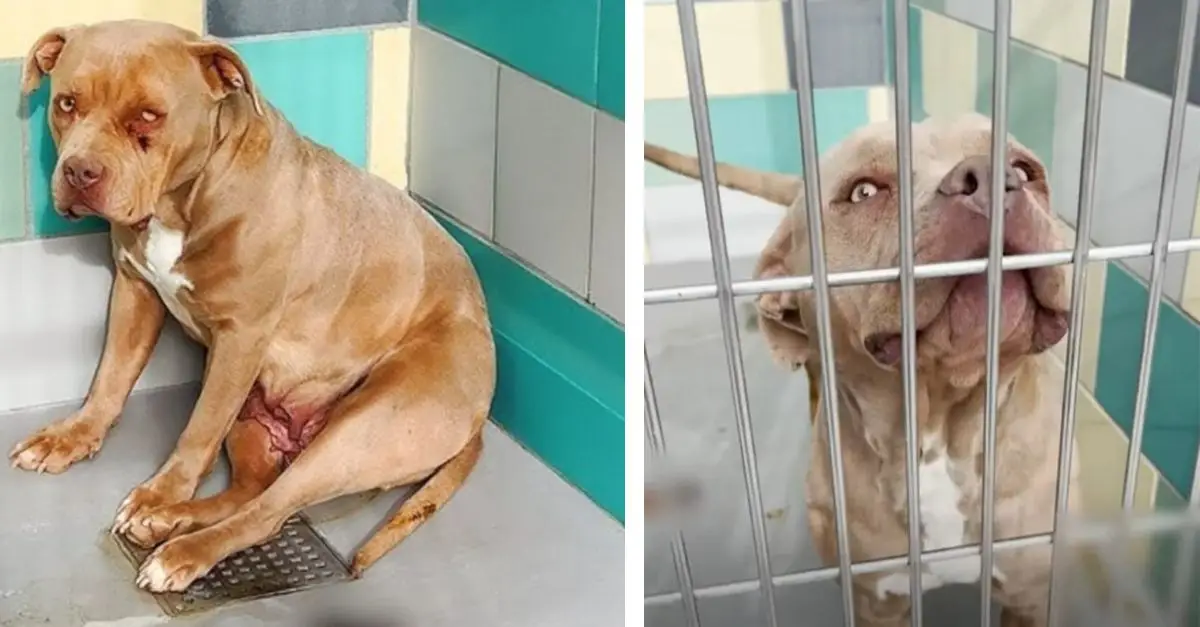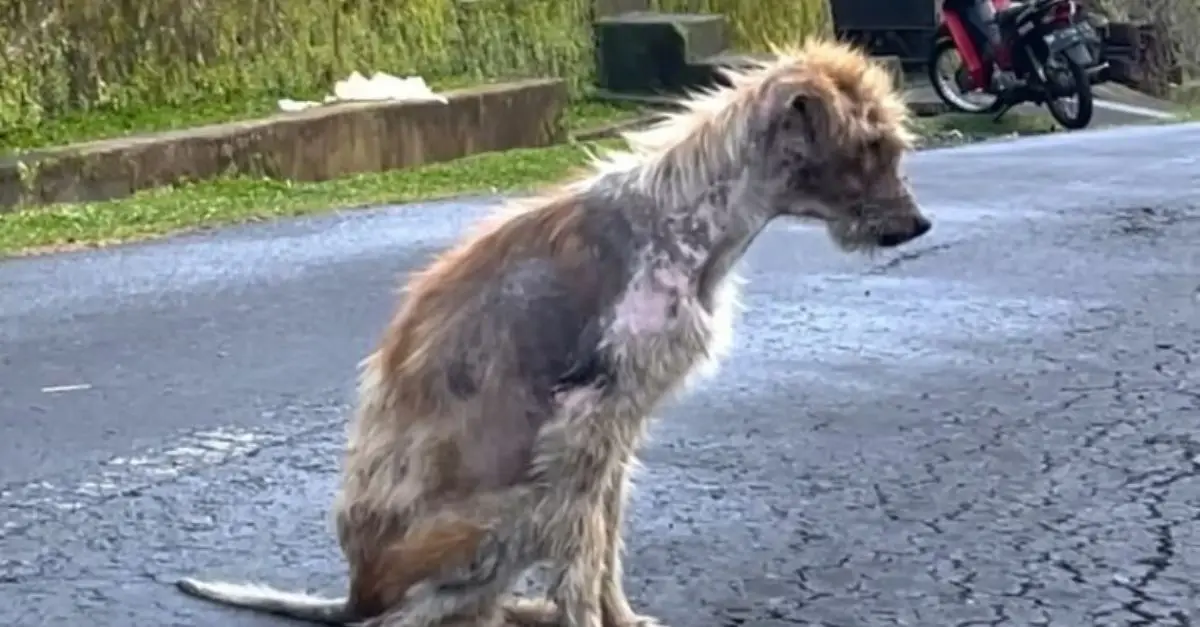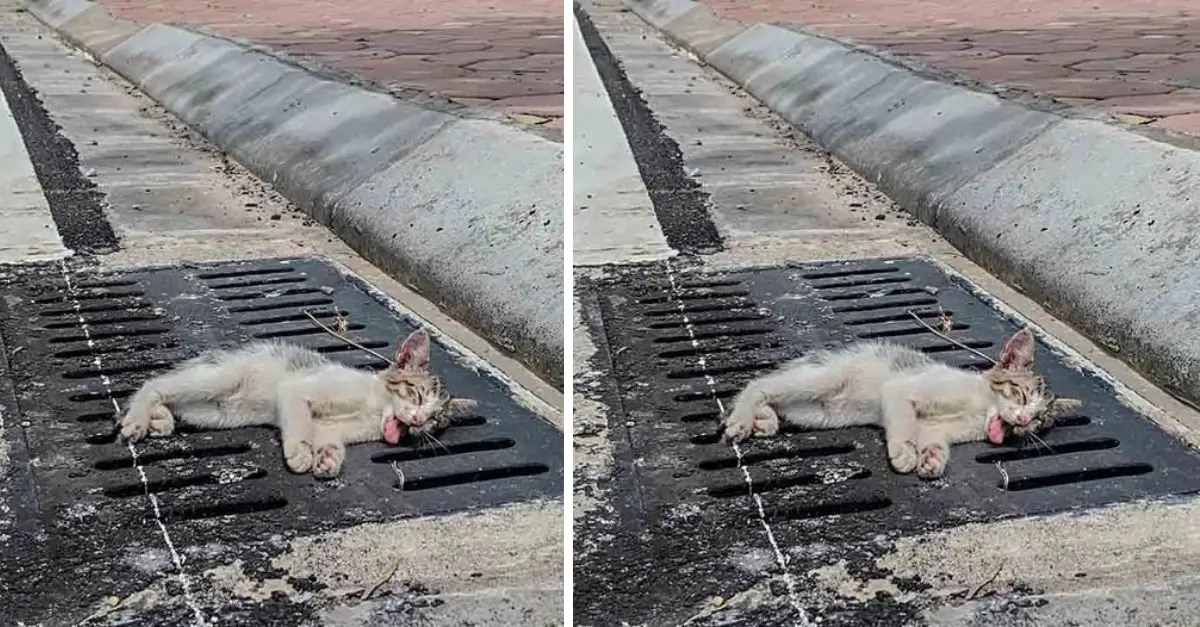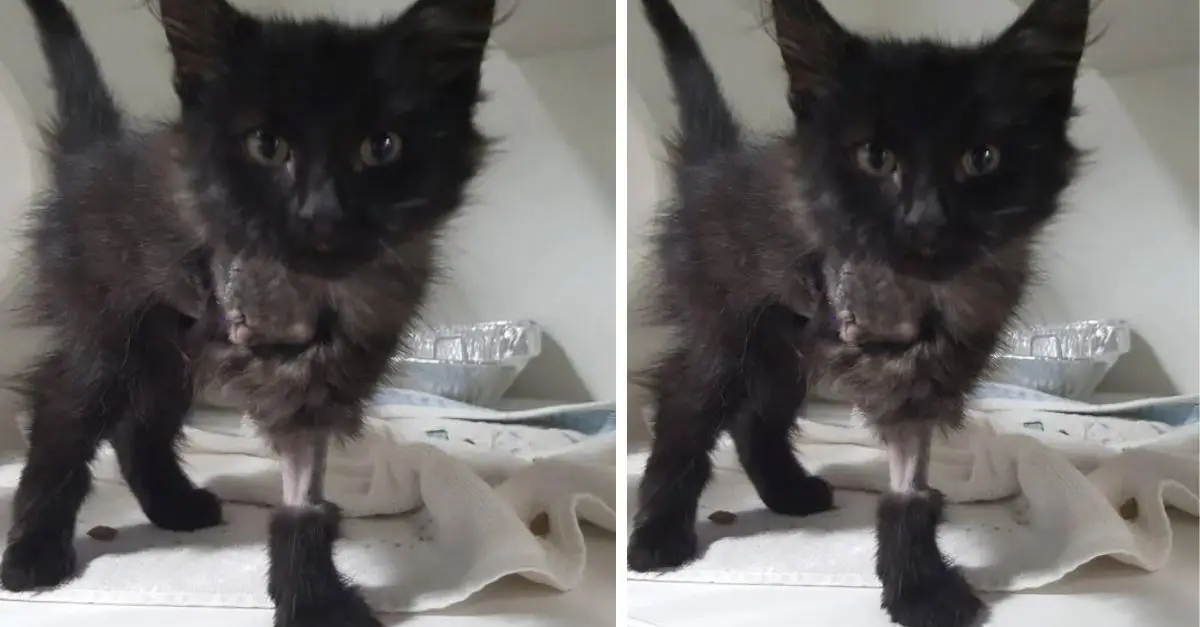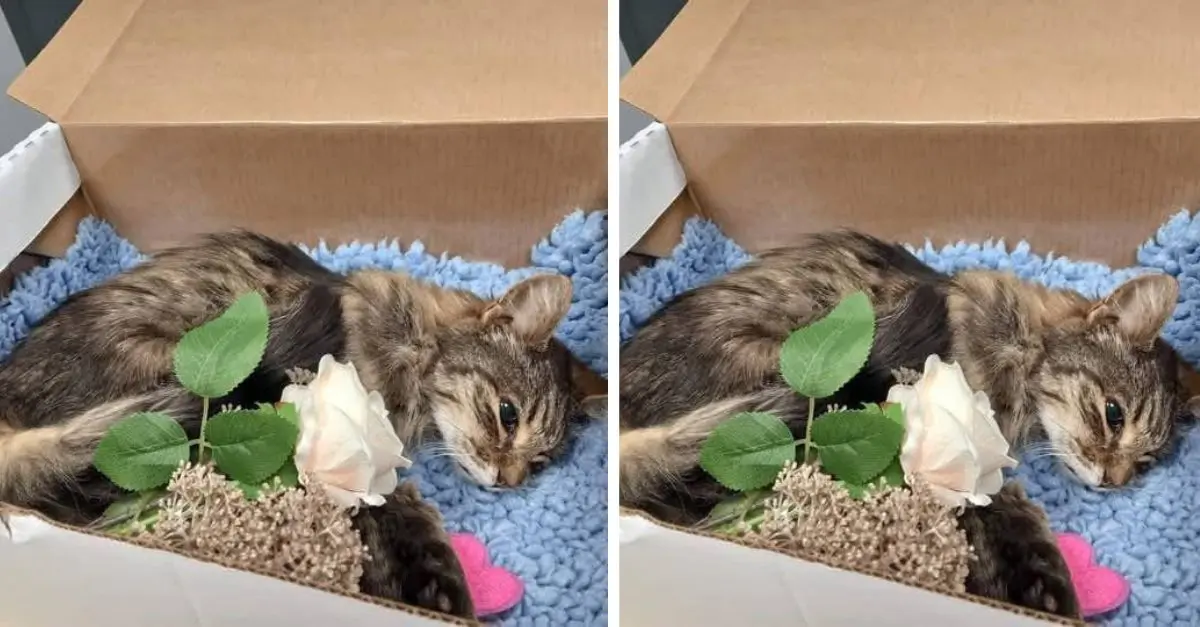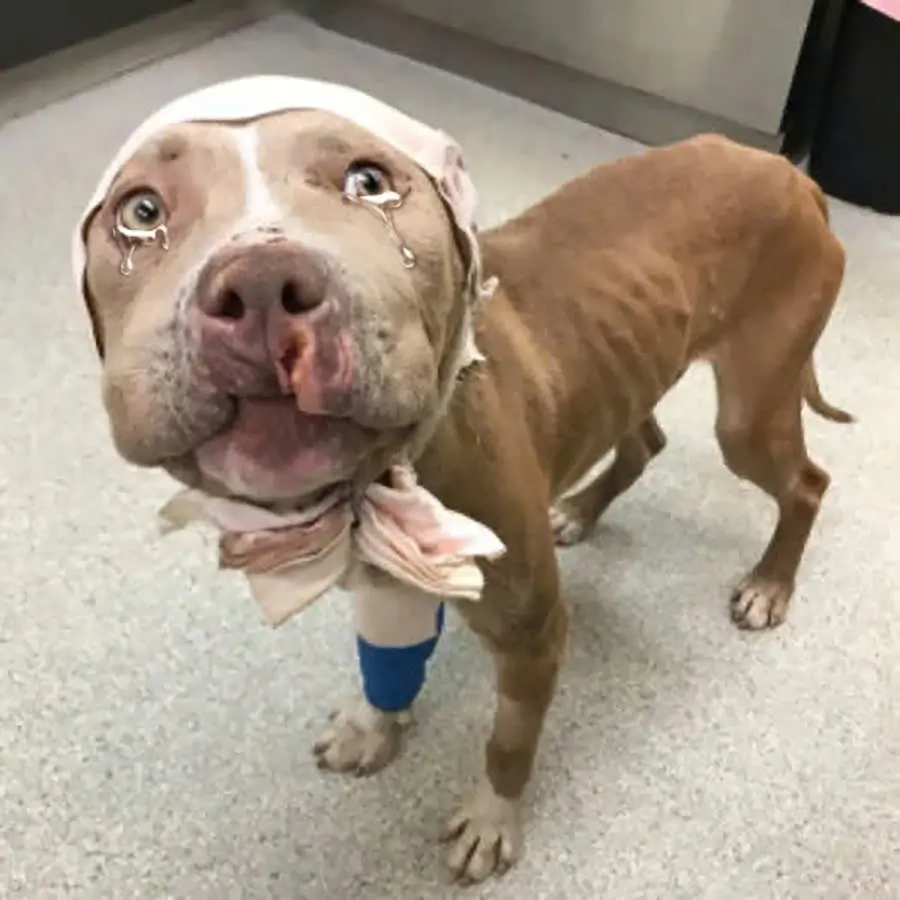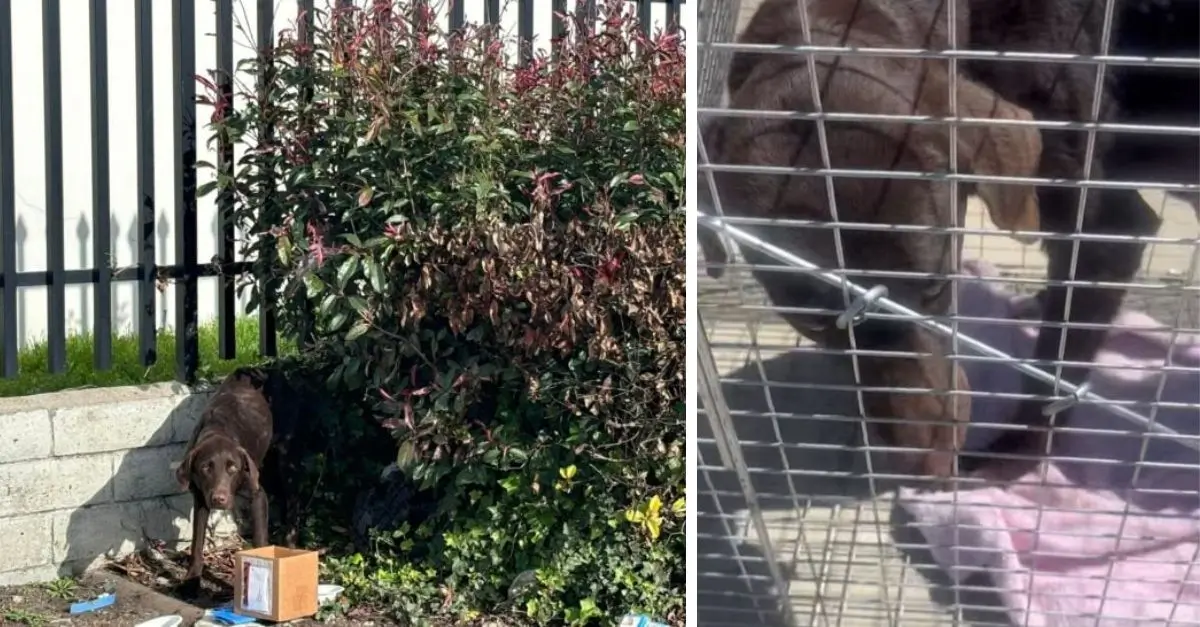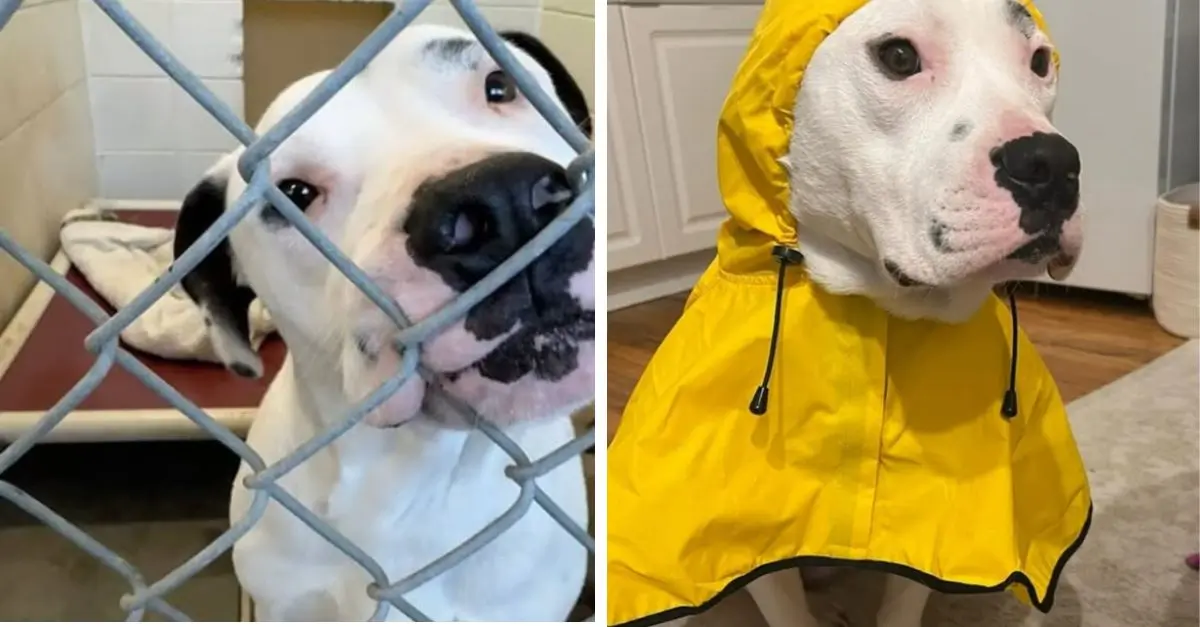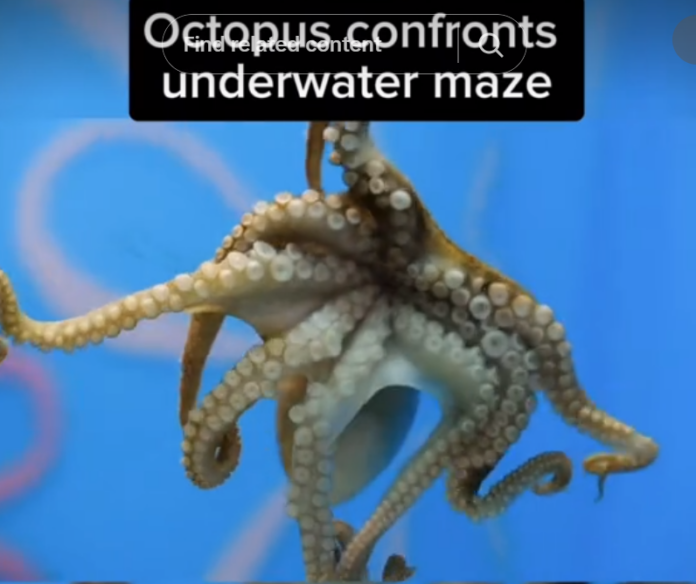
Maybe you have been tuning into social media on a variety of subjects, but this story will surely pique your interest. And as reflected from the headline, it’s about a rather small octopus that had been stolen from the ocean and sent over to a pet store.
Mark Rober is an American YouTuber engineer, inventor and educator and is known for his unique YouTube and TikTok videos about science. This particular project included the remarkable story of a small octopus named Sashimi, and she proved to Rober that she could be returned to the ocean and live her life as Mother Nature meant for her to live, even though she had become accustomed to being fed by hand from humans at the pet store.
How many of us would be encouraged to have a cephalopod as a pet, but Rober found Sashimi at a pet store. Through research, he found out that octopi are not bred in captivity, which meant Sashimi came from the ocean, but now that she had become accustomed to being fed by hand and safe from any predators, would she ever be able to be freed again to successfully survive in the ocean?
Check out one portion of Sashimi’s incredible education ( or maybe Mark Rober’s education?) here:
And so Rober decided to help her relearn her wild spirit again, and he constructed a maze using shrimp as her reward at the end; could she figure out how to get to the source of her food? If Sashimi could find her way through the obstacle course, more than likely she could remember how she used to hunt for food before she was captured.
The maze was filled with twists and turns, and while Sashimi was learning to navigate and repeat, Rober was filled with wonder as she was able to change color and shape in order to mimic larger predatory animals while both hiding and hunting.
And there’s more. The blood of an octopus is blue, and here’s one for us all – if an octopus loses an arm, she is able to regenerate a new one, and it’s exactly the same as the others.
Interestingly enough, octopi have twice the number of neurons as a cat, however only 1/3 are in their brains. The other 2/3s are in their arms which gives them the ability to think and act with their arms; independent of their brain.
It took about a month for Sashimi to learn her cues convincing Rober she could survive on her own. He then drove eight hours to the location where the pet store owner found her and released her. Be free Sashimi.
The life span of an octopus varies according to species, but in general both wild and captive live between one and five years. Their short lifespan is a consequence of a reproductive cycle known as semelparity, – octopi breed only once in their lifetime and die shortly thereafter. But in the scheme of things – freedom is the best reward. Don’t you agree?
The entire experience is captured on the video below.
(Photo via screenshot TikTok clip)
Check this out. Yes, this is a longer YouTube video that we typically post, but this is incredible:
Follow the National Pet Rescue on Facebook for the latest animal related news.





